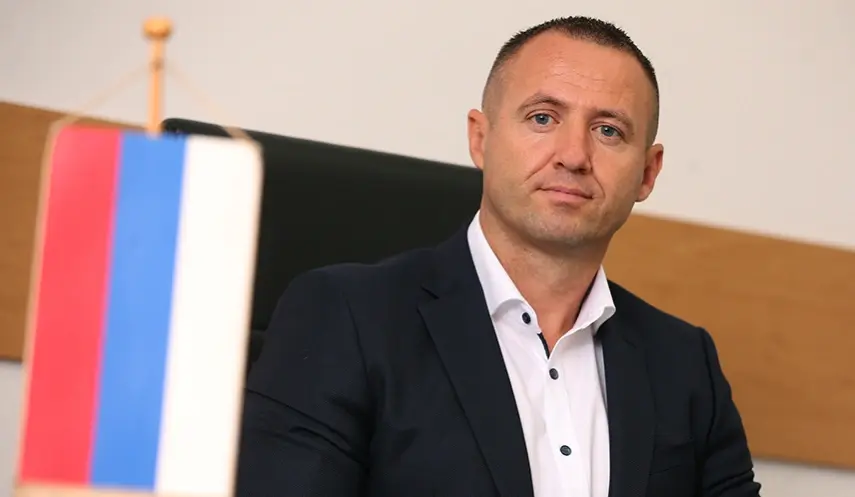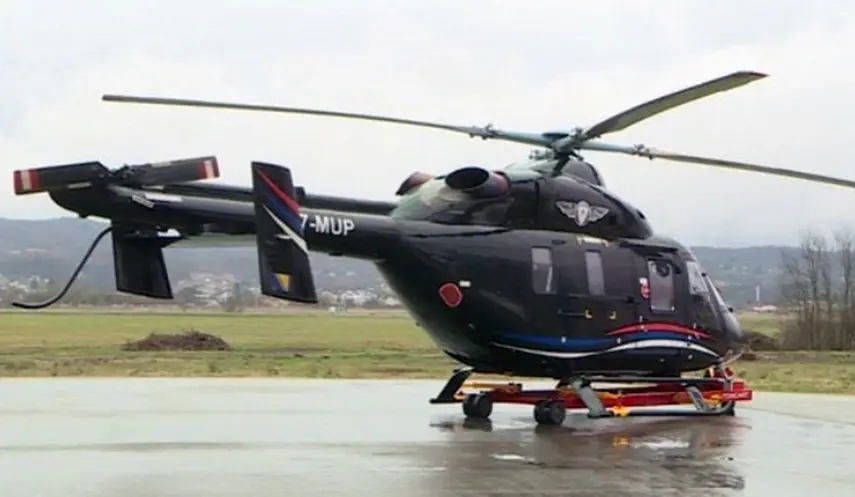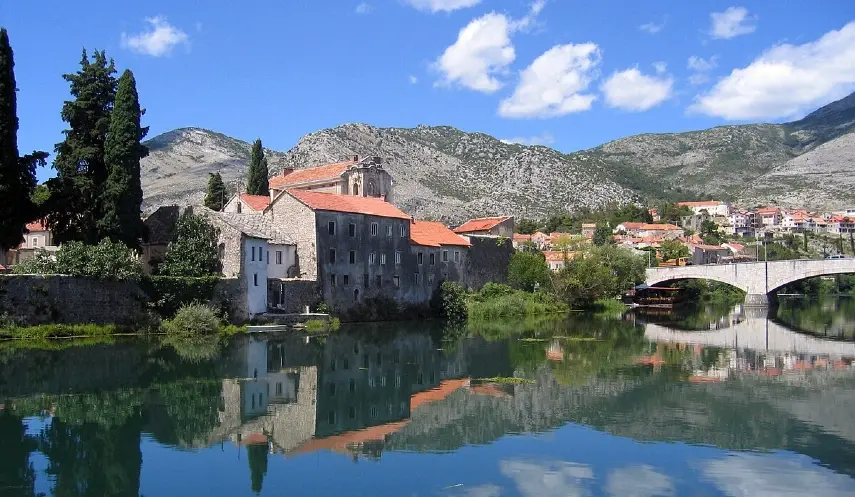IF SLOVENIA ADOPTS SANCTIONS POLICY, RESPONSE WILL FOLLOW
Republika Srpska - Slovenia - Dodik
05/10/2025
13:36

MOSCOW, MАY 10 /SRNA/ - The President of Republika Srpska Milorad Dodik warned today that Srpska will take reciprocal measures should Slovenia pursue a sanctions policy against it.
“If Slovenia and its government embark on a sanctions policy, we will find a way to respond. Slovenians must know that we in Republika Srpska will implement reciprocal measures, whatever that entails,” Dodik said.
He suggested that Slovenian ministers might even be barred from using Republika Srpska as a transit route—an idea he admitted might seem laughable to some, but pointed out that a former German minister was previously compelled to leave Srpska.
“They may laugh about it in Sarajevo, but they will see that it is enforceable,” Dodik said in a joint statement to media from Republika Srpska in Moscow.
Despite his warning, Dodik affirmed that Srpska remains open to Slovenian business investment, cautioning that any sanctions would ultimately harm those very entrepreneurs.
“Many Slovenian businesspeople, whom we value, operate in Republika Srpska, and they will continue to receive our support,” he stressed.
He questioned the very premise of sanctions, arguing that Srpska does not seek to dismantle BiH but merely to have its own constitutional position respected.
“Who are you to impose sanctions on me? What are you defending? Why did you break up Yugoslavia, and why do you now defend BiH on those principles?” Dodik asked.
Acknowledging Slovenia’s painful experience during Yugoslavia’s dissolution, Dodik nonetheless urged fairness from Ljubljana.
He contrasted Srpska’s reception in Russia—“an atmosphere of understanding”—with the West, where he said he is immediately viewed as a problem-maker.
“We do not create problems for the West. We have not gone to France, Germany, or Austria and stirred unrest—countries that, unsurprisingly, admitted masses of migrants among whom members of the Islamic State and criminal clans slipped in, creating Europe’s current challenges,” he noted.
Dodik added that because he personally is seen as the problem, Western governments now compete to ban his entry.

VELJANOVSKI: RECORD REVENUE OF OVER BAM 170 MILLION

HAPPY NEW YEAR!

LAST DAY OF THE YEAR MARKED BY LIFE-SAVING OPERATIONS: AIR TRANSPORT OF A PATIENT FROM NEVESINJE TO BANJALUKA



